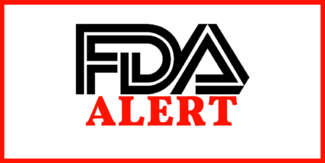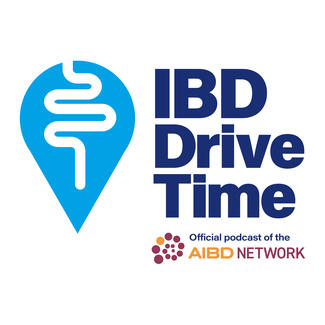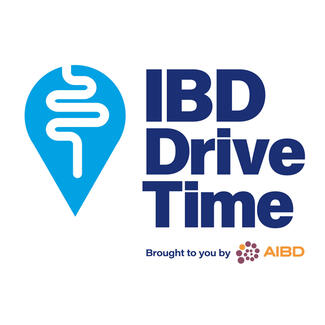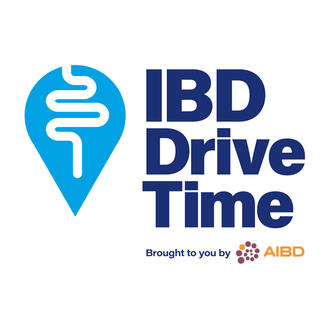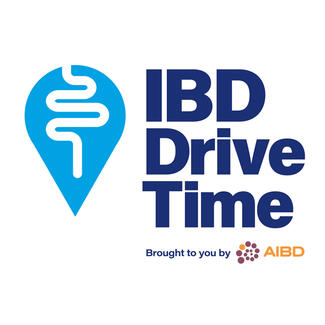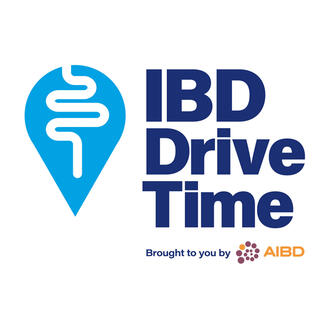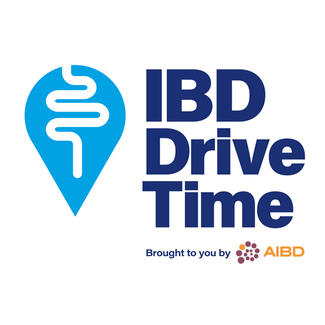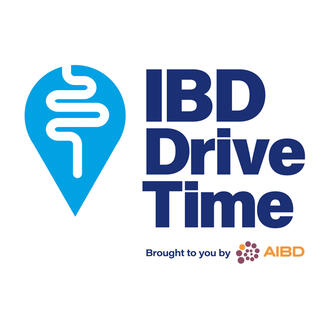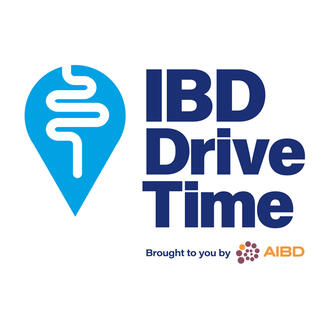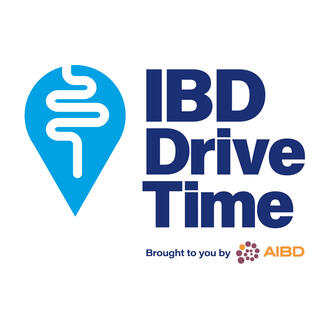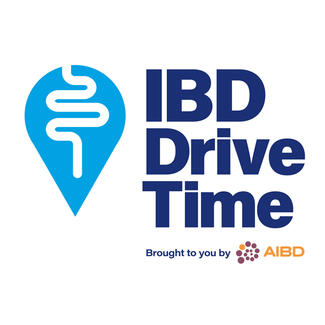Advanced Therapies Show Greater Efficacy in Colonic vs Ileal Crohn’s Disease
A comprehensive systematic review and meta-analysis revealed that the odds of achieving clinical remission were significantly greater among patients with isolated colonic Crohn’s disease (OR, 4.09; 95% CI, 3.02-5.54) compared with those with ileal disease (OR, 1.80; 95% CI, 1.23-2.63; p<0.001), researchers reported in Clinical Gastroenterology and Hepatology July 23.
The investigators evaluated the differential efficacy of various advanced biologic and small molecule therapies in achieving clinical remission in Crohn’s disease (CD) based on disease location. Focusing on patients with isolated colonic or ileal disease, the analysis included 14 randomized controlled trials (RCTs) comprising 3139 individuals with moderate-to-severe CD.
Advanced therapies were categorized by mechanism of action into 4 classes: anti-interleukins, Janus kinase (JAK) inhibitors, anti-integrins, and tumor necrosis factor (TNF) antagonists.
Among drug classes, JAK inhibitors showed the most location-dependent variation, demonstrating efficacy among patients with colonic disease (OR, 4.37; 95% CI, 2.67-7.15) but not achieving statistically significant improvement over placebo in ileal CD (OR, 1.01; 95% CI, 0.54-1.89; p<0.001 for interaction). Anti-interleukins demonstrated numerically higher efficacy in colonic vs ileal CD (OR, 4.29 vs 2.31), though this difference did not reach conventional statistical significance (p=0.059). In contrast, anti-integrins had comparable efficacy regardless of disease location (OR for colonic vs ileal CD: 1.79 vs 2.10; p=0.84). Heterogeneity across studies was reported as minimal to moderate.
The findings underscore a consistent pattern: patients with colonic Crohn’s disease derive greater benefit from advanced therapies, particularly from JAK inhibitors, than those with isolated ileal involvement. These differential responses may reflect underlying variation in immune pathways or drug delivery mechanisms in distinct gut segments.
Given the limitations in response among patients with ileal CD—especially to JAK inhibitors—these results have important clinical implications for therapeutic decision-making. Clinicians may consider disease location as a significant factor when selecting biologic or small molecule treatments for Crohn’s disease.
Reference
Lee HH, Yuan Y, Boland BS, Chang JT, Jairath V, Singh S. Efficacy of advanced therapies in achieving remission by disease location in Crohn’s disease: a systematic review and meta-analysis. Clin Gastroenterol Hepatol. Articles in Press. July 23,2025.










